Boiling water is a fundamental process in both everyday cooking and various industrial applications. A common belief suggests that adding salt to water can make it boil faster. This article explores this claim within the context of industrial boilers and provides practical advice on safely and effectively using salt in these systems.
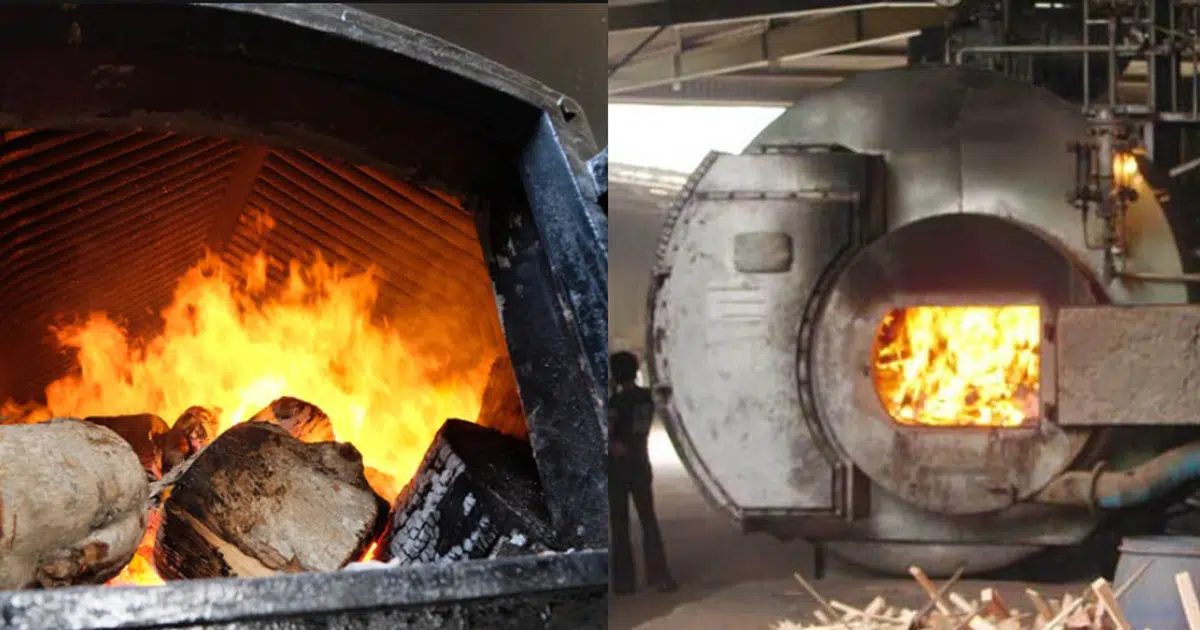 Wood Fired Steam Boiler
Wood Fired Steam Boiler
Guides & How-To
5 Steps to Safely Add Salt to a Steam Boiler
Consult the Manufacturer’s Guidelines: Before adding any substances to your steam boiler, always consult the manufacturer’s guidelines to ensure compatibility and safety.
Measure the Appropriate Amount of Salt: Use precise measurements to avoid over-salting, which can lead to corrosion or scaling. Typically, a controlled and minimal amount is recommended.
Dissolve Salt in Water: Pre-dissolve the salt in a small amount of water before adding it to the boiler. This helps in evenly distributing the salt and avoiding clumping.
Gradually Add the Salt Solution: Slowly add the salt solution to the boiler water to prevent sudden chemical reactions that might affect the boiler’s operation.
Monitor Boiler Parameters: After adding salt, continuously monitor the boiler’s parameters, such as pressure, temperature, and water levels, to ensure stable operation.
How to Properly Measure Salt for Your Boiler?
Accurate measurement is crucial when adding salt to your boiler. Use a digital scale to weigh the salt precisely. The amount will vary depending on the boiler’s capacity and the desired effect. For industrial applications, the concentration is typically kept low to avoid adverse effects on the boiler’s material.
The Ultimate Guide to Enhancing Boiler Efficiency with Salt
While adding salt to water does not speed up the boiling process, it can help in other ways:
Preventing Scale Formation: Salt can help reduce the formation of scale in the boiler, which can improve heat transfer efficiency.
Corrosion Control: Certain salts can help in controlling the pH level of the water, thereby preventing corrosion.
Maintenance Efficiency: Properly managed salt levels can prolong the lifespan of the boiler by reducing the frequency of maintenance.
Tips for Monitoring Water Levels When Adding Salt to Your Boiler
Regular Checks: Continuously check the water levels to ensure they are within the recommended range.
Automated Systems: Use automated water level monitoring systems to maintain optimal levels and avoid manual errors.
Balance Additions: Ensure that the addition of salt does not drastically alter the water levels or chemical balance.
What You Need to Know Before Adding Salt to Your Boiler
Boiling Point Elevation: Understand that adding salt raises the boiling point of water, meaning it takes longer to boil.
Corrosion Risks: High salt concentrations can accelerate corrosion, so it’s important to add salt cautiously.
Boiler Type: Different boilers may respond differently to salt; always consider the specific type and model of your boiler.
Questions
Is Adding Salt the Key to Faster Boiling Water in a Steam Boiler?
No, adding salt is not the key to faster boiling. In fact, it raises the boiling point of water, requiring more energy and time to reach boiling.
Will Salt Really Make Your Boiler Water Boil Faster?
No, salt will not make boiler water boil faster. It will increase the boiling point, potentially making the process slower.
Can Salt Have an Impact on the Boiling Rate of Boiler Water?
Yes, but not in the way you might expect. Salt raises the boiling point of water, which means it can actually slow down the boiling rate.
Should You Consider Adding Salt to Your Steam Boiler for Faster Boiling?
No, adding salt for the purpose of faster boiling is ineffective. The primary reasons for adding salt to boiler water should be related to maintenance and efficiency, not speed.
What Effect Does Salt Have on the Boiling Point of Boiler Water?
Salt raises the boiling point of water due to the phenomenon known as boiling point elevation. This requires the water to reach a higher temperature before it boils.
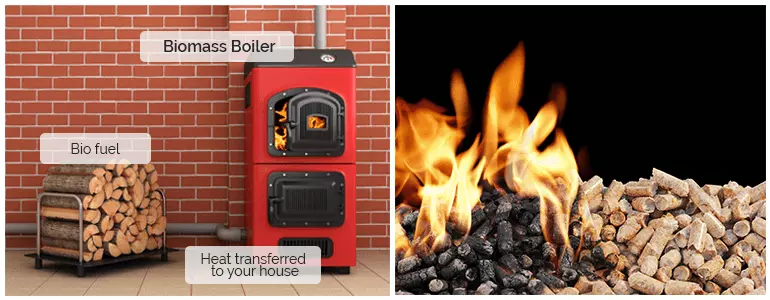
biomass boiler cost
Listicles
10 Common Misconceptions About Adding Salt to Steam Boilers
Speeds Up Boiling: Incorrect; it raises the boiling point.
Improves Heat Transfer: Partially true, but context-specific.
Safe for All Boilers: Not always; consult guidelines.
Necessary for All Systems: Depends on the boiler type.
Prevents All Corrosion: Only certain types and conditions.
Increases Efficiency Universally: Not a blanket statement.
Can Be Added Anytime: Timing and method are crucial.
Eliminates Maintenance Needs: Reduces, but does not eliminate.
No Need for Monitoring: Continuous monitoring is essential.
Works with All Water Types: Depends on water chemistry.
The Top 5 Benefits of Adding Salt to Your Boiler Water
Prevents Scale Formation
Controls Corrosion
Enhances Heat Transfer Efficiency
Reduces Maintenance Frequency
Maintains pH Balance
8 Reasons Why You Should (or Shouldn’t) Add Salt to Your Boiler
Should: Prevents scale formation.
Should: Helps control corrosion.
Should: Improves heat transfer efficiency.
Should: Maintains water chemistry.
Shouldn’t: Can increase boiling point.
Shouldn’t: Risk of over-salting and corrosion.
Shouldn’t: May require more energy for boiling.
Shouldn’t: Not suitable for all boiler types.
The Dos and Don’ts of Using Salt in Your Steam Boiler
Do: Consult the manufacturer’s guidelines.
Do: Measure accurately.
Do: Monitor boiler parameters.
Don’t: Add too much salt at once.
Don’t: Ignore changes in boiler behavior.
Don’t: Use salt as a quick fix for efficiency issues.
15 Things to Consider Before Adding Salt to Your Boiler Water
Boiler Type
Manufacturer’s Guidelines
Water Chemistry
Salt Concentration
Measurement Accuracy
Dissolution Process
Addition Method
Monitoring Systems
Boiling Point Changes
Corrosion Risks
Scale Formation Prevention
Heat Transfer Efficiency
Maintenance Requirements
Energy Consumption
Overall Efficiency
Others
The Science Behind Adding Salt to Your Steam Boiler
Adding salt to water affects its boiling point due to the colligative property known as boiling point elevation. When salt dissolves in water, it dissociates into ions, which disrupt the formation of vapor bubbles necessary for boiling. This disruption raises the boiling point, meaning the water requires more heat energy to start boiling.
Exploring the Effects of Salt on Boiling Water in Boilers
In industrial boilers, the primary purpose of adding salt is not to speed up boiling but to manage water chemistry and prevent scale formation and corrosion. The practical impact of salt on boiling time is minimal and often outweighed by the benefits of improved boiler maintenance.
The Surprising Truth About Using Salt in Your Boiler
Despite the common myth, adding salt to boiler water does not speed up the boiling process. Instead, it raises the boiling point and requires more energy to reach the boiling stage. The benefits of adding salt lie in its ability to manage water chemistry and improve boiler longevity.
A Comprehensive Analysis of Adding Salt to Boiler Water
Comprehensive analysis reveals that adding salt to boiler water has several benefits, including preventing scale, controlling corrosion, and maintaining efficient heat transfer. However, it is crucial to add salt in controlled amounts and continuously monitor the boiler to ensure optimal performance and avoid adverse effects.
Discovering the Myths and Realities of Salt in Steam Boilers
The myth that salt speeds up boiling is debunked by scientific evidence showing that it actually raises the boiling point. The real advantages of adding salt lie in improving boiler maintenance and efficiency, not in accelerating the boiling process. Proper understanding and management of salt in boiler water can lead to more effective and longer-lasting boiler operations.
Conclusion
The claim that adding salt to water makes it boil faster is a myth. In the context of industrial boilers, adding salt actually raises the boiling point, requiring more energy for the water to boil. The primary benefits of adding salt to boiler water include preventing scale formation, controlling corrosion, and improving overall efficiency. By understanding and properly managing salt addition, one can ensure optimal boiler performance and longevity.
Summary
Adding salt to water increases its boiling point, meaning it takes longer to boil. In industrial boilers, the practical effects of salt are significant for maintenance but minimal for boiling speed. Use methods like optimizing boiler design, increasing heat input, and preheating water for faster boiling. This article provides clarity on the topic and assists in improving efficiency in industrial applications.





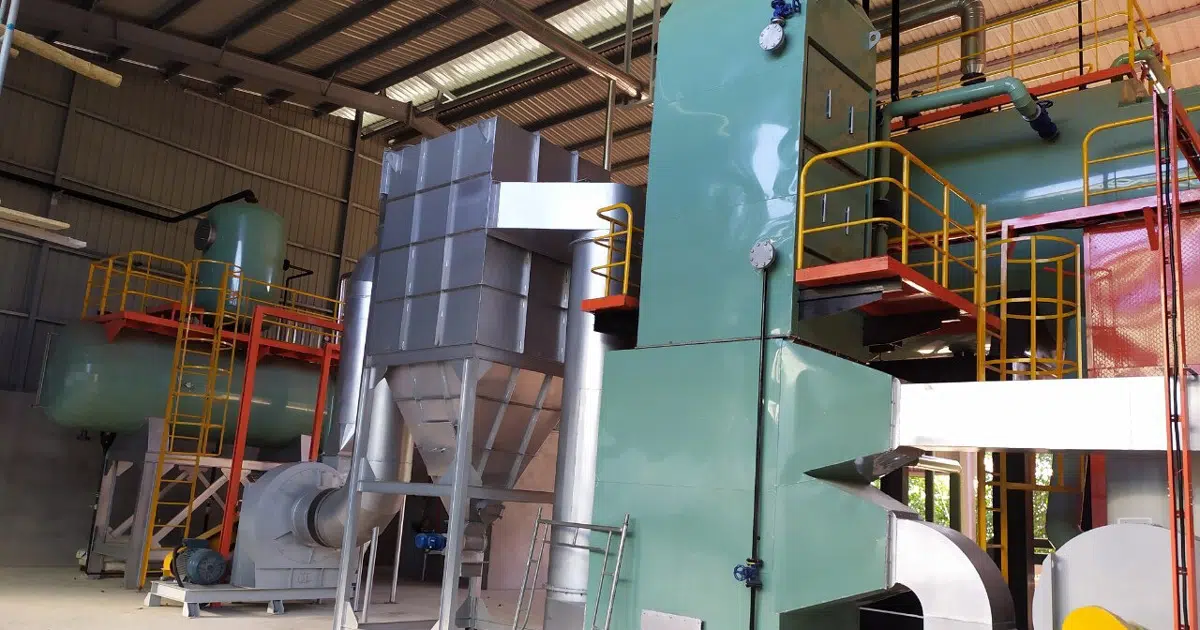
 Wood Fired Steam Boiler
Wood Fired Steam Boiler
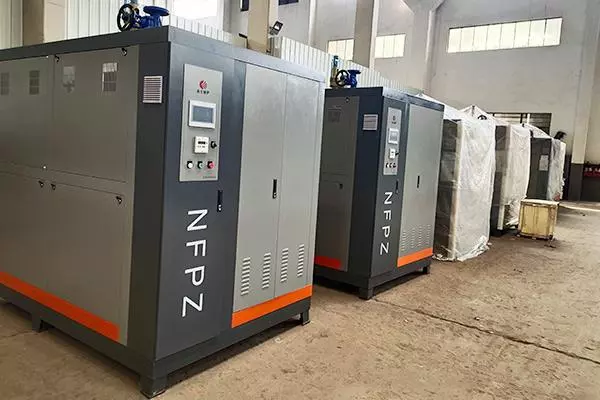
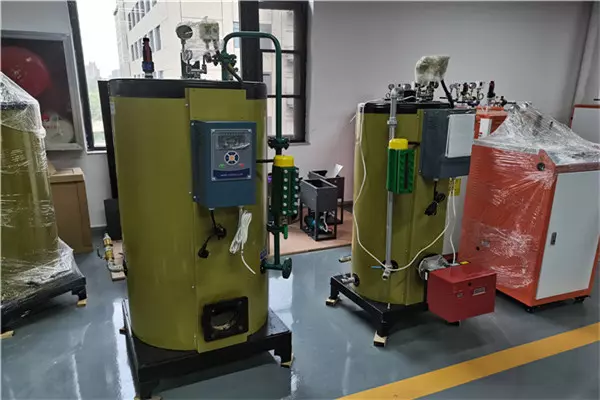

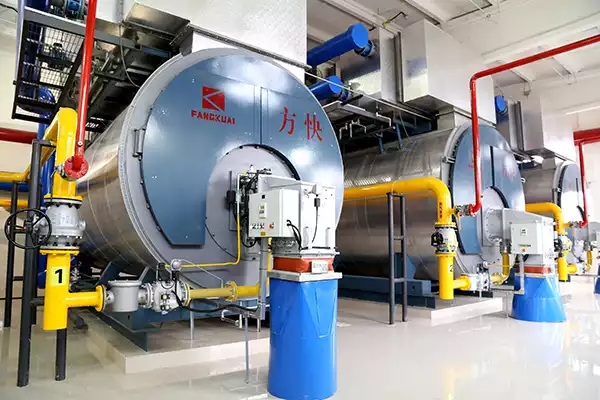



View Reviews of our Customer
"The hot water boiler from Fangkuai is amazing. It heats up quickly and efficiently, and the water stays hot for a long time. We have never had any issues with it and it has made a significant improvement in our daily operations. The installation process was also very smooth and the customer service was excellent. I highly recommend Fangkuai's hot water boilers."
Sarah
Canada"Fangkuai's auxiliary equipment has made my boiler system even better. The quality of the equipment is exceptional and the prices are very reasonable. The equipment has helped improve the efficiency and performance of my boiler system, which has led to significant cost savings. I highly recommend Fangkuai's auxiliary equipment to anyone in need of high-quality boiler accessories."
Maryk
UK"The thermal oil boiler from Fangkuai is very easy to operate and maintain. It has helped us save time and money on maintenance, which has led to significant cost savings. The quality of the materials and the construction of the boiler are exceptional. It is also very energy efficient, which has helped us save money on our energy bills. I highly recommend Fangkuai's thermal oil boiler ."
Allen
Brazil"Fangkuai's steam generators are excellent. They are very easy to use and require minimal maintenance. The customer service at Fangkuai is also exceptional. They are very responsive and always willing to help. The energy efficiency of the steam generators is also remarkable, which has helped me save money on my energy bills. I highly recommend Fangkuai's steam generators."
Maria
Spain"We have been using the Fangkuai thermal oil boiler for our chemical plant for years and it has never let us down. The boiler is very durable and can withstand harsh conditions. It is also very easy to operate and maintain, which has helped us save time and money on maintenance. Fangkuai's thermal oil boilers are top-notch and I highly recommend them to anyone in need of reliable heating solutions."
Chang
China"Fangkuai's auxiliary equipment has made my boiler system even better. The quality of the equipment is exceptional and the prices are very reasonable. The equipment has helped improve the efficiency and performance of my boiler system, which has led to significant cost savings. I highly recommend Fangkuai's auxiliary equipment to anyone in need of high-quality boiler accessories."
Maryk
UK"The thermal oil boiler from Fangkuai is very easy to operate and maintain. It has helped us save time and money on maintenance, which has led to significant cost savings. The quality of the materials and the construction of the boiler are exceptional. It is also very energy efficient, which has helped us save money on our energy bills. I highly recommend Fangkuai's thermal oil boiler ."
Allen
Brazil"I am very impressed with the quality of Fangkuai's hot water boiler. It is built to last and has exceeded my expectations. The installation process was also very smooth and the customer service was excellent. The hot water boiler is very easy to operate and maintain, and the energy efficiency is remarkable. I highly recommend Fangkuai's hot water boilers."
Jack
Australia"The steam boiler from Fangkuai is perfect for my food processing business. It meets all of our requirements and is very reliable. The quality of the materials and the construction of the boiler are exceptional. It is also very easy to operate and maintain, which has helped us save time and money on maintenance. I highly recommend Fangkuai's steam boilers to anyone in need of reliable heating solutions."
Json
Brazil